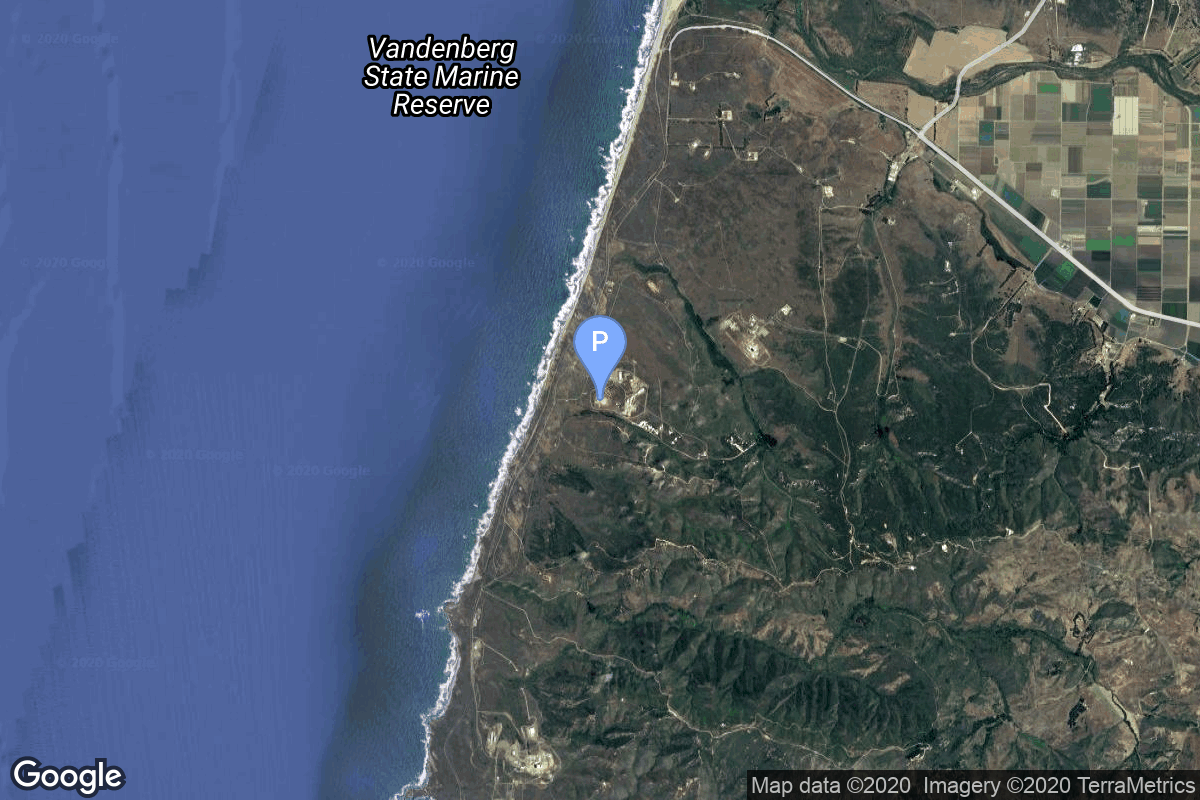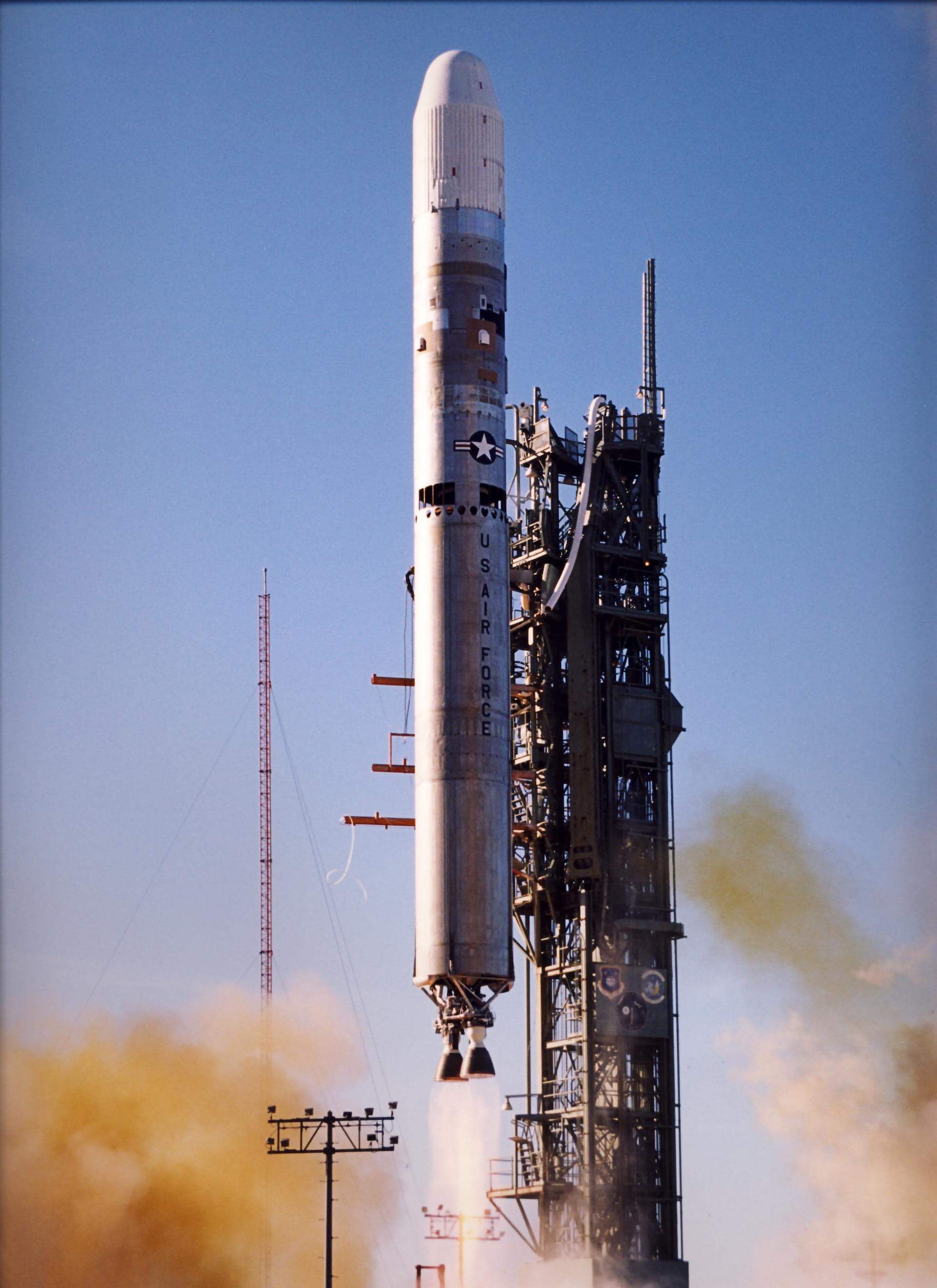Clementine 1
Titan II SLV
United States Air Force
Mission
Clementine 1
- Type: Planetary Science
- Orbit: Lunar Orbit
The DSPSE (Deep Space Program Science Experiment), the first of a series of Clementine technology demonstrations jointly sponsored by the Ballistic Missile Defense Organization (BMDO) and the National Aeronautics and Space Administration (NASA), launched in early 1994. Its principal objective is to space qualify lightweight imaging sensors and component technologies for the next generation of Department of Defense (DoD) spacecraft. The Clementine mission uses the Moon, a near-Earth asteroid (1620 Geographos), and the spacecraft’s Interstage Adapter (ISA) as targets to demonstrate lightweight component and sensor performance.
Location
Space Launch Complex 4W
Vandenberg SFB, CA, USA
Space Launch Complex 4W has witnessed the launch of 93 rockets, including 93 orbital launch attempts, while Vandenberg SFB, CA, USA, has been the site for 749 rocket launches.
Rocket
Lockheed Martin Titan II SLV
The Titan 23G, Titan II(23)G, Titan 2(23)G or Titan II SLV was an American expendable launch system derived from the LGM-25C Titan II intercontinental ballistic missile. Retired Titan II missiles were converted by Martin Marietta, into which the Glenn L. Martin Company, which built the original Titan II, had merged. It was used to carry payloads for the United States Air Force, NASA and NOAA. Thirteen were launched from Space Launch Complex 4W at the Vandenberg Air Force Base between 1988 and 2003.
Agency
United States Air Force
The United States Air Force (USAF) is the air service branch of the United States Armed Forces, and is one of the eight uniformed services of the United States. Originally created on 1 August 1907, as a part of the United States Army Signal Corps, the USAF was established as a separate branch of the United States Armed Forces in 1947 with the enactment of the National Security Act of 1947.


